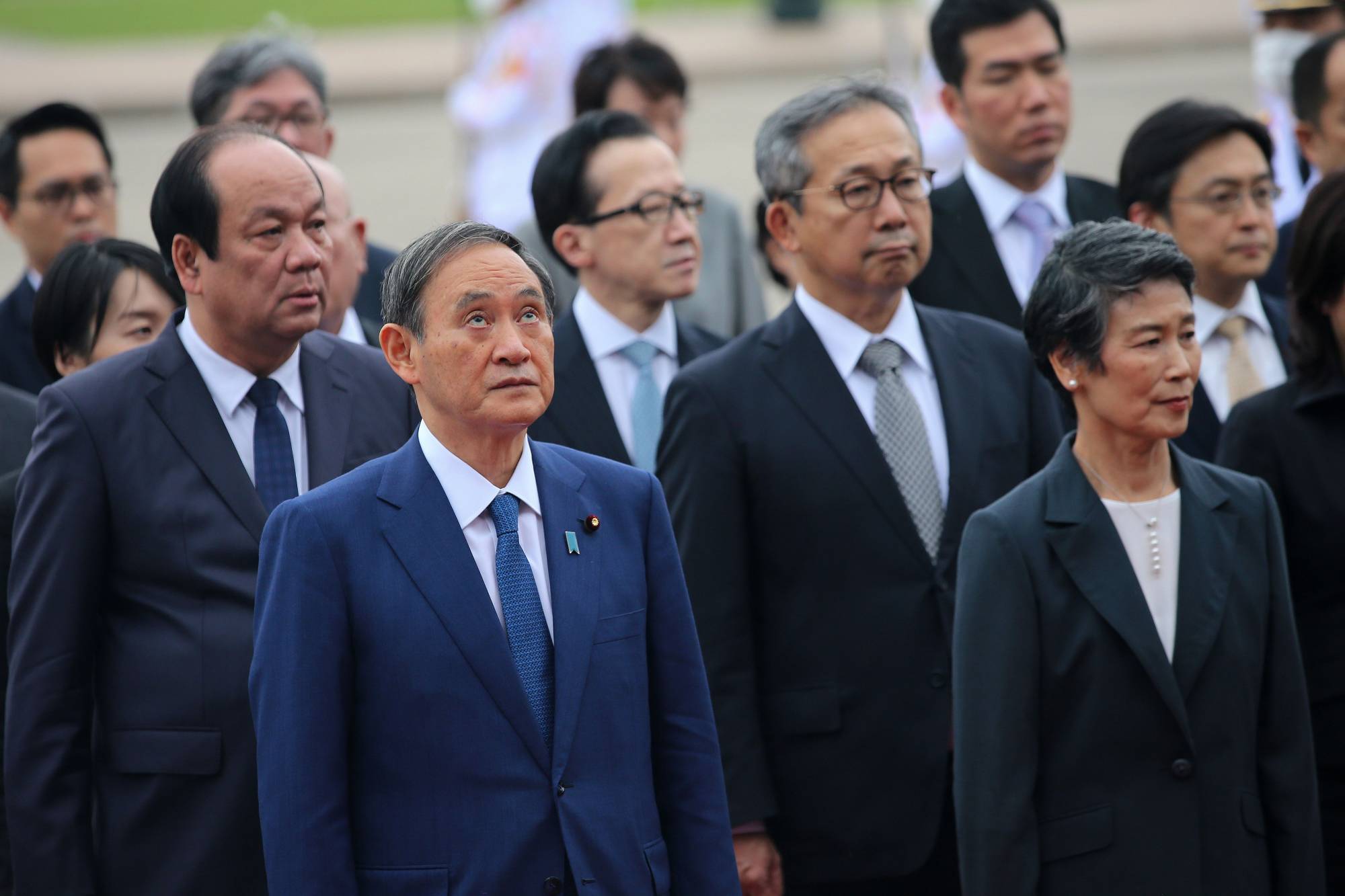Prime Minister Yoshihide Suga started off surprisingly well, despite his uncharismatic personality and selection by the Liberal Democratic Party’s archaic factional support process. Playing up his humble origins in Akita Prefecture and reforms for the daily life of the people, he soon became the third most popular prime minister at the beginning of his term. Then he picked an unnecessary and counterproductive fight with the Science Council of Japan (hereafter, SCJ), an obscure but prestigious government advisory body.
The SCJ’s highest body, its council, consists of the worthiest scholars from a wide range of fields that include the social sciences, humanities and natural sciences. The 210-member council coordinates scientific activities and advises the government on science policy. The council is an honorary, prestigious academic body whose members are nominated by the council, approved by its general assembly and, in what has usually been a pro forma process, appointed by the prime minister. Its functions are twofold: as an advisory body on science broadly defined and a way to honor distinguished academics in all fields. Most Japanese outside the scholarly community were probably unaware of it until Suga picked a fight. With half of the council’s membership selected every three years, 105 were nominated this time, but Suga in an unusual move approved only 99 of them, rejecting six.
There are three possible reasons, each suggested by the government’s own statements justifying the rejections, which were followed by a storm of academic and opposition party criticism. The first is vindictiveness. It turns out that the rejected nominees were law and political science critics of former Prime Minister Shinzo Abe’s national security policies, including his push for constitutional reform. A coincidence? The scholarly community and opposition parties suspect this was intentional interference in academic freedom. Suga claims it wasn’t and that the law gives him the right to be selective in approval, a possible interpretation of the law establishing the SCJ's council.

















With your current subscription plan you can comment on stories. However, before writing your first comment, please create a display name in the Profile section of your subscriber account page.